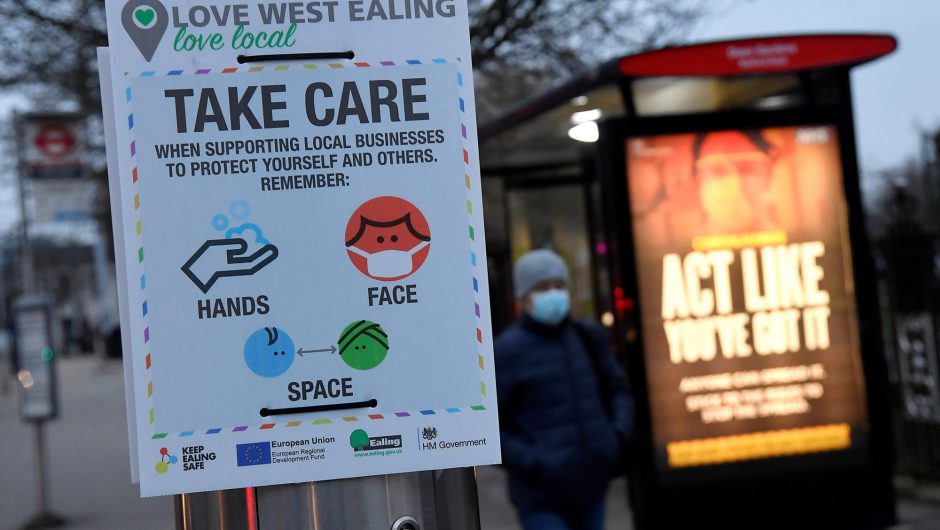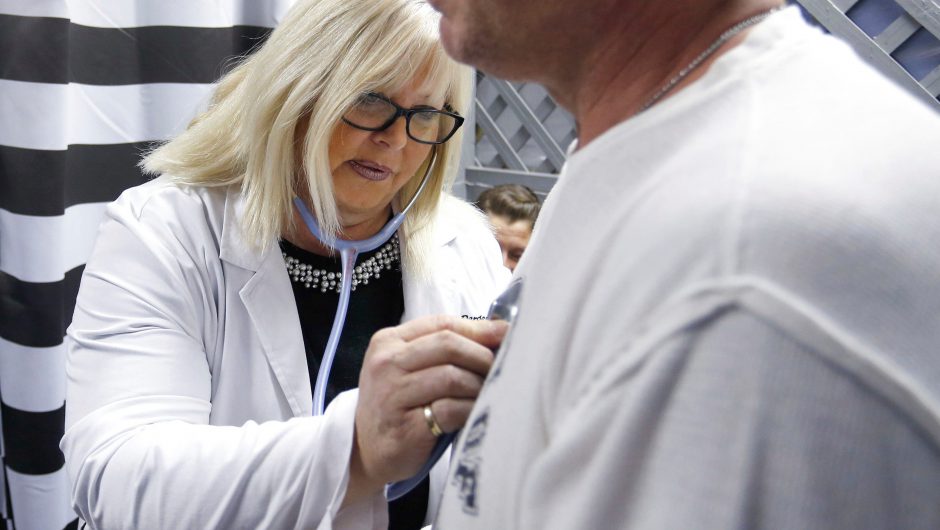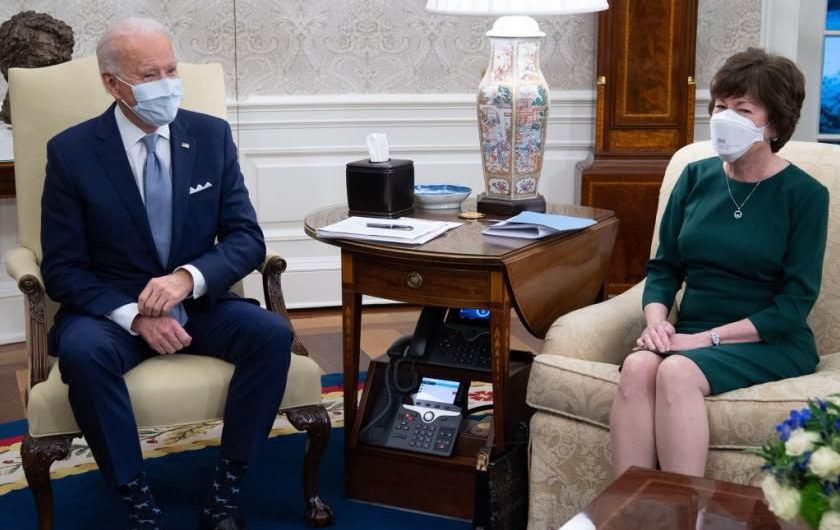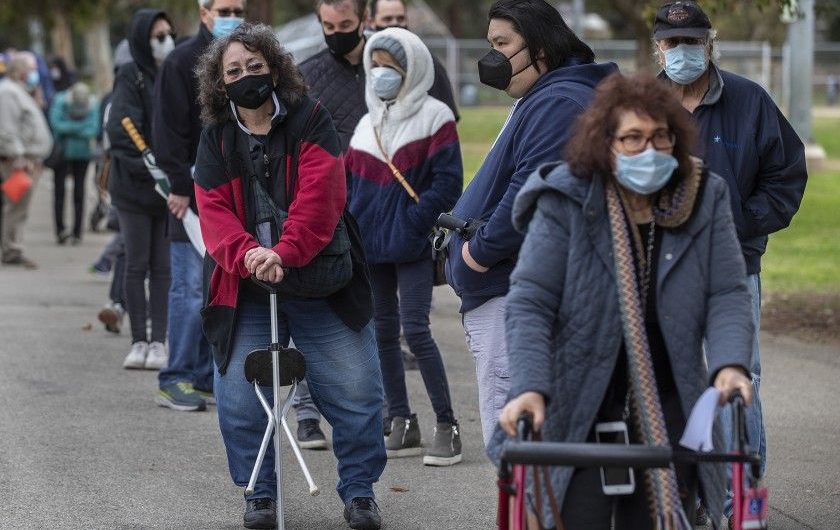[ad_1]
Senate Majority Leader Mitch McConnell with President Donald Trump at the White House on March 27, 2020. JIM WATSON/AFP via Getty Images
Senate Majority Leader Mitch McConnell rejected President Donald Trump’s push for $2,000 stimulus checks Wednesday, blocking a vote on the issue proposed by Democrats.
Trump is out of political options in his bid to have the sum bumped up from $600.
He had delayed signing the spending bill authorizing the checks in an attempt to pressure Congress to increase the figure.
But, faced with a looming government shutdown, he signed the bill on Sunday.
Without the threat of a veto, and with firm opposition from McConnell, Trump has nowhere to go.
Visit Business Insider’s homepage for more stories.
The conflict between President Donald Trump and Senate Majority Leader Mitch McConnell escalated Wednesday, when McConnell effectively ended the president’s bid to hike stimulus checks to $2,000.
McConnell appears to have outfoxed the president, who can do little more than shout from the sidelines as he presses the case for more coronavirus relief in the form of direct payments to Americans.
Trump had demanded higher payments while delaying his approval of a vast spending bill, which included $600 direct payments as part of a $900 billion COVID-19 relief package, alongside other routine government spending.
He received the bill December 21 and for six days used the threat of his veto power to pressure Congress into action that was supported by Democrats as well as some Republicans.
Faced with a looming government shutdown, however, Trump caved and signed the bill Sunday.
Since then, the power to hold up proceedings reverted to McConnell, who opposes larger direct payments and can use the Republican majority in the Senate to block the issue.
Though McConnell has not explicitly quashed the measure, he has made GOP support conditional on tying it to two issues unrelated to the pandemic.
He said there was no hope for considering the $2,000 checks in isolation, and the extra requests – which are a repeal of certain legal protections for social-media firms and an investigation meant to support Trump’s baseless claims of mass fraud in the 2020 US election – make the bill unacceptable for Democrats.
Story continues
Since the extra conditions are both also things Trump wants, he will struggle to oppose the extra asks from McConnell, effectively spoiling the unlikely alliance between Trump and congressional Democrats.
Some commentators said events this week had shown McConnell, not Trump, to be the dominant figure in the GOP.
Defeated on the substance of the issue, and in a feud with his own party, Trump could still take revenge.
The president is said to be determined to damage congressional Republicans for not doing more to support his bogus election-fraud claims, and he could cause additional problems for GOP leadership by pressing the issue of the direct payments.
In an acknowledgement of their popularity, Sens. David Perdue and Kelly Loeffler, the Republican candidates in the crucial January 5 US Senate runoffs, declared their support for $2,000 checks.
Many congressional Republicans, seemingly wary of attracting Trump’s wrath, also backed the increase.
It’s an extraordinary sign of the hold Trump still has over the party and its supporters, since opposition to higher government spending is generally a core principle of Republican ideology.
If Trump wants to increase the pressure on McConnell, he could boycott rallies for the GOP candidates in Georgia ahead of the election, as The Daily Beast’s Sam Stein has noted, and dampen enthusiasm among his base.
Democrats have been exploiting the dispute between the White House and GOP lawmakers, forcing McConnell to block their bid for a vote on the issue to highlight divisions in the party.
Several congressional Republicans sided with the White House in the battle over the checks, indicating a growing divide in the GOP between Trump loyalists and GOP leaders focused on the incoming Biden administration.
Now, if Republicans lose the elections and their control of the Senate, it will be easy to place at least part of the blame on McConnell, leaving his victory a hollow one.
Read the original article on Business Insider
[ad_2]
Source link








Pingback: hafbeltminla.zombeek.cz
Pingback: joshbond.co.ukcommunityprofileshippingtousa
Pingback: https://shippingtousa.mystrikingly.com/
Pingback: https://www.horreur.club/community/profile/canadianpharmacy/
Pingback: plclink.co.ukcommunityprofilecanadianpharmacy
Pingback: canadian pharmacies online prescriptions
Pingback: www.careerstek.comforumprofilecanadianpharmacy
Pingback: chanchuoi.comcommunityprofilecanadianpharmacy